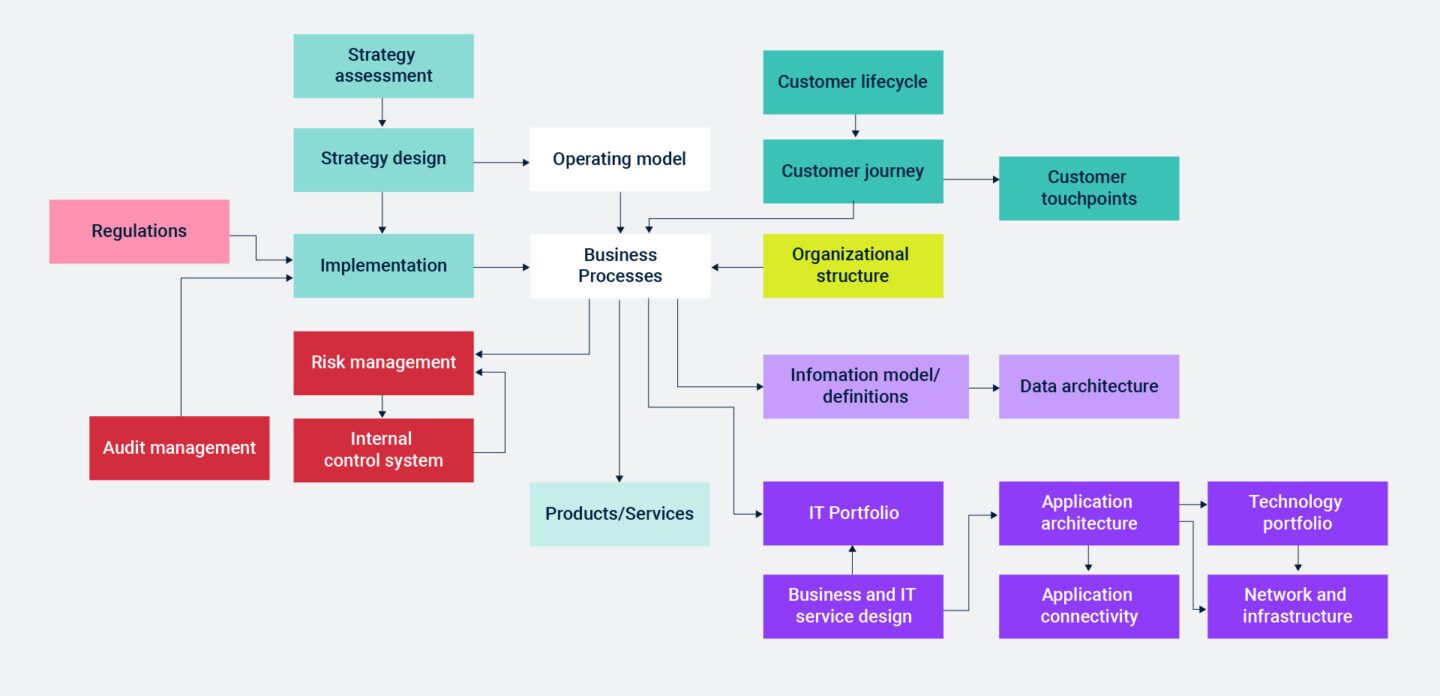Navigating the Future of Operational Excellence: Trends for 2024 and Beyond
Let’s explore the cutting-edge approaches to operational efficiency that will unlock excellence for your organization tomorrow.

When we hear about “operational excellence,” renowned companies like Toyota and General Electric often come to mind. But what exactly is operational excellence, and how crucial are business processes within this practice? More importantly, what trends in process management and operational excellence can we anticipate in 2024 and beyond? Join me as I take you on a small journey through the landscape of process management and operational excellence.
Defining Operational Excellence
Operational excellence, or OpEx, is a strategy aimed at enhancing an organization’s processes for greater efficiency. The ultimate objective is to meet customer expectations while ensuring continual improvements in operations. According to IBM, OpEx places emphasis on continuous improvement across all business aspects, fostering a culture where everybody can contribute to change.
Two key elements emerge from these definitions: continuous process improvement and cultivating a change-ready culture. Often referred to as Process Excellence (PE), the latter extends beyond mere process improvement. In the pursuit of operational excellence, activities related to process excellence, such as process management, ownership, and governance, play pivotal roles in achieving the desired outcomes.
The Power of Business Processes

At the heart of the operational excellence philosophy lies the business process, acting as the ultimate vehicle to align various aspects of an organization. The intricate web of dependencies between different organizational components necessitates a thorough understanding of the who, what, and how of processes. In an era of increasingly complexity (see Figure 1), aligning resources optimally becomes paramount, and the business process is the linchpin for achieving this alignment.
I often tell my clients that modeling a process is not merely about creating a visual representation but about aligning your resources efficiently. It becomes evident that a well-documented repository of processes is essential for any organizational transformation or change, providing insights into potential impacts on other facets of the organization.
Trends in Process Management for 2024
Now that we’ve established the required processes-centricity, let’s look at several trends in process management and operational excellence we believe are poised to shape the landscape over the next year – and beyond.
1. Convergence of Process Management & Process Mining
As process mining and process management converges further other time, it will continue to be a significant trend in the BPM universe. Process mining, a powerful tool for gaining insights into business process performance and conformance, is now seamlessly merging with process management. This convergence not only aids continuous improvement initiatives but also simplifies subsequent change management activities, making operational excellence practices more cost-effective.
2. Gen AI: Free Up Time for Value-Added Activities
During my daily interactions with clients over business process management, I always look for ways to connect the human side of operations with executing processes. The rise of artificial intelligence, particularly Gen AI, is reshaping the landscape by allowing for the automation of repetitive tasks – the things that most people dislike about their jobs the most – so attention can be focused more on supervisory activities.
An example of this is verifying that an invoice for a procured good or service was received and processed. This used to 100% be a human-executed activity until automation capabilities using OCR and workflow management became available. With Gen AI handling mundane operational tasks, humans can focus on more value-added activities such as queries and reporting, and thus, ushering in a new era in process management.
3. Integration of Regulation Management into OpEx
The final trend I would like to explore is that of regulations management. The growing number of regulations and constant changes pose challenges for organizations striving for operational excellence. As a result, there is an increased demand to integrate regulation management into OpEx practices. Forward-thinking organizations are treating regulations as another input into their process repository, ensuring alignment between regulatory requirements and business processes.
This realization proved to be valuable for a UK-based high-tech manufacturer. They documented (and managed) all relevant regulatory requirements in the same platform as their business processes so they could connect both aspects. They translated their regulatory requirements into business requirements and linked these to the business processes and work instructions that were put in place to, among other things, comply with these regulations. This approach streamlined compliance verification, making it almost as simple as a click of a button.
Embracing the Future with Excitement
As we step into 2024 and beyond, operational excellence professionals have exciting times ahead. The evolving technological landscape promises increased effectiveness and productivity, empowering professionals to navigate the complex world of process management with confidence. Embrace the changes, stay excited, and carry on the journey towards operational excellence!